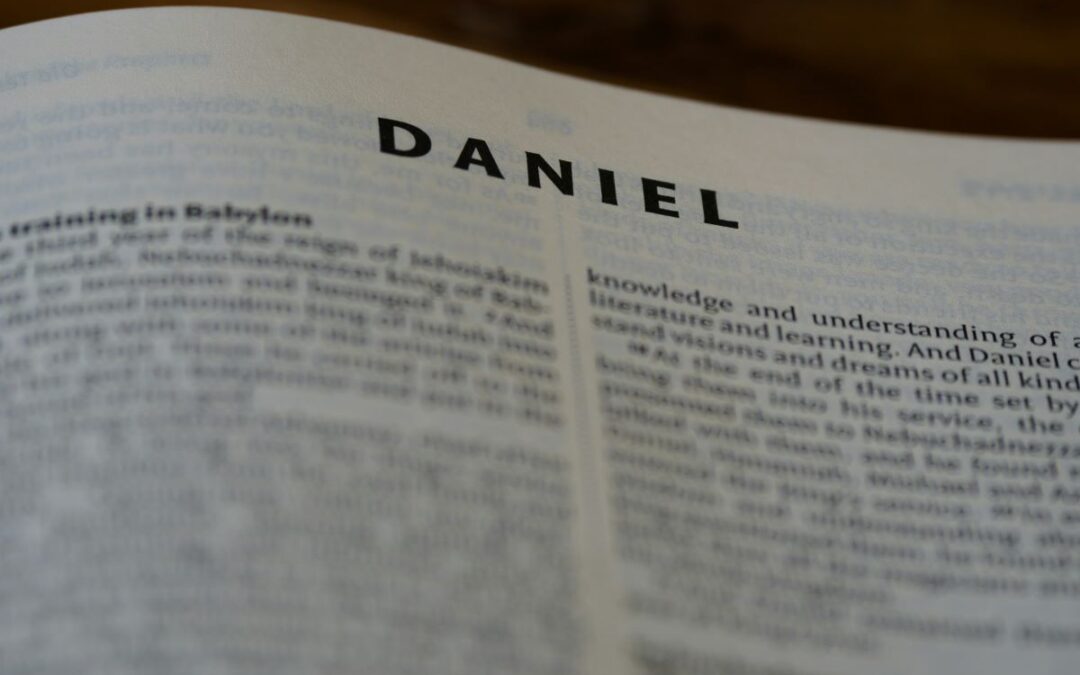In Primary Chapel this term, we are continuing our series in the Book of Daniel. Chapter 4 tells a strange story of King Nebuchadnezzar, the King of Babylon in the 6th Century BC. The King became incredibly arrogant over time, and eventually, God stripped him of many of his faculties and his kingdom. Over seven years, the King eventually repents and humbly recognises God.
We asked our students to think about someone arrogant in their life. What is it like to be around them? What do you feel? What do you think about them? No student came back with a positive response.
However, I posed the question: could you be arrogant sometimes?
In an instant, the mood changed. Me? Not me. But yes, perhaps me.
No-one wants to describe themselves as arrogant. No-one wants to be thought of as arrogant by others. But we can drift there if we are not careful. So how should we be careful? There are may ways, but here are two suggestions:
- Questions: we should ask ourselves the question – could I be arrogant? How? What people in my life would call me arrogant? We can even ask others! By questioning ourselves, we begin the process of humility.
- Pursue humility: humble people don’t think of themselves more highly than they ought to. They can soberly see who they are in the light of others around them. They know their weaknesses, yet they also know their strengths (they don’t see themselves more lowly than they ought to). Humble people can happily praise others, whilst also graciously accepting praise.
At NBCS, humility permeates all of our values (gratitude, respect, compassion, courage, commitment). And while we may not always get it right (we actually won’t), we are grateful for the humility of Jesus (Philippians 2) and seek to model the humility shown to us through Him.





